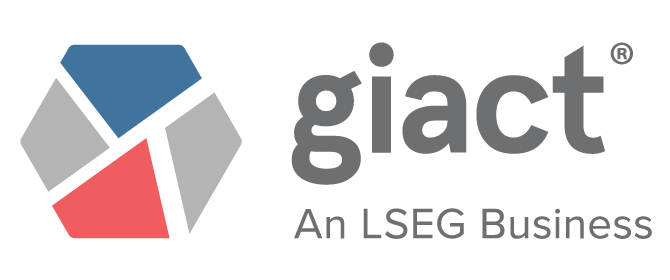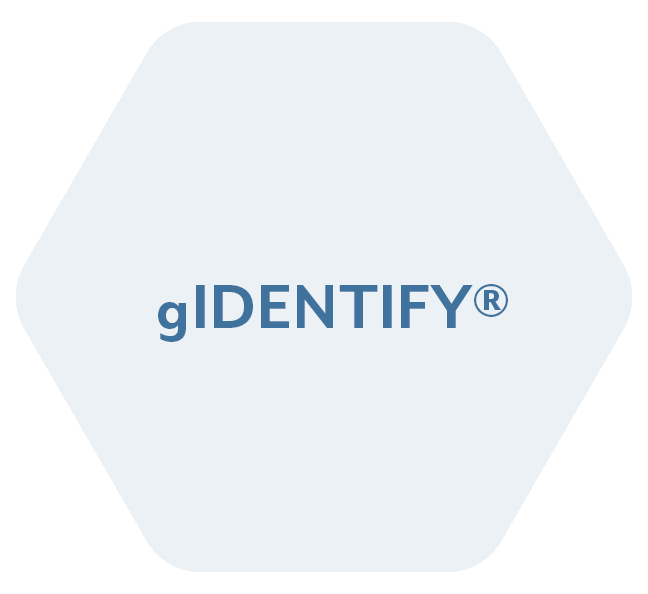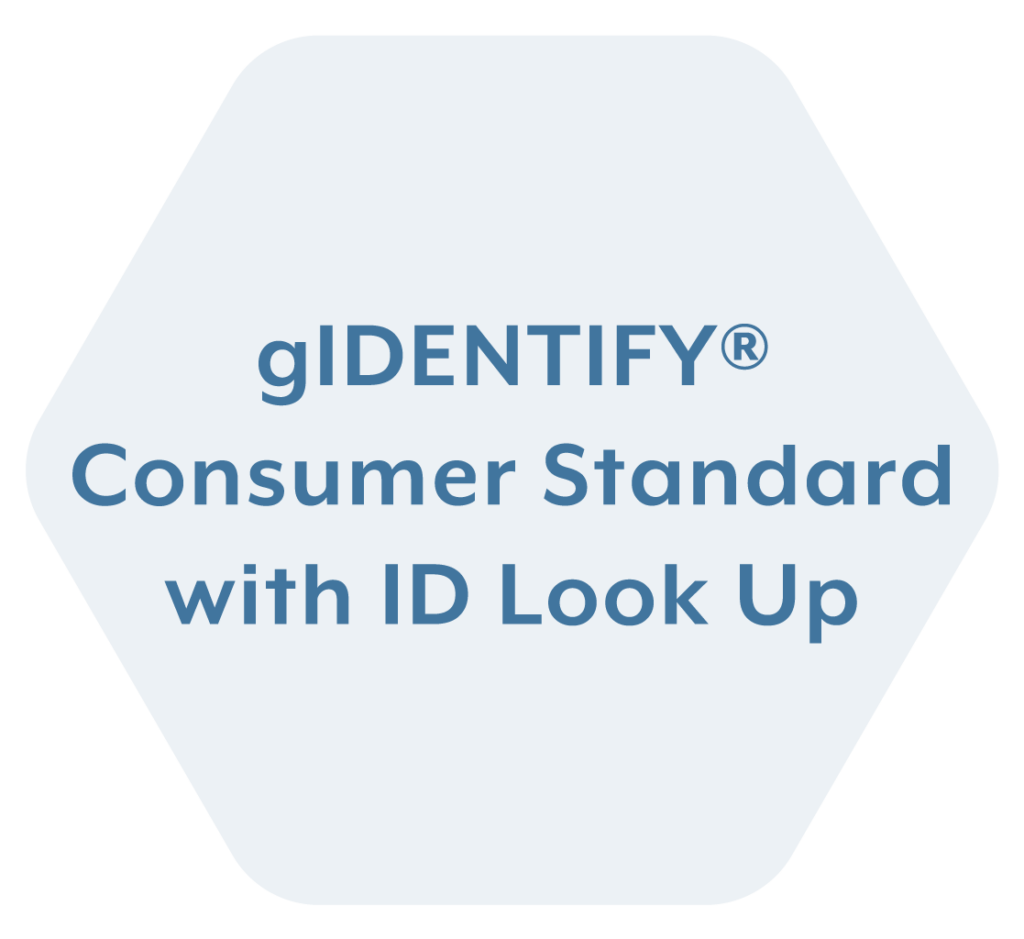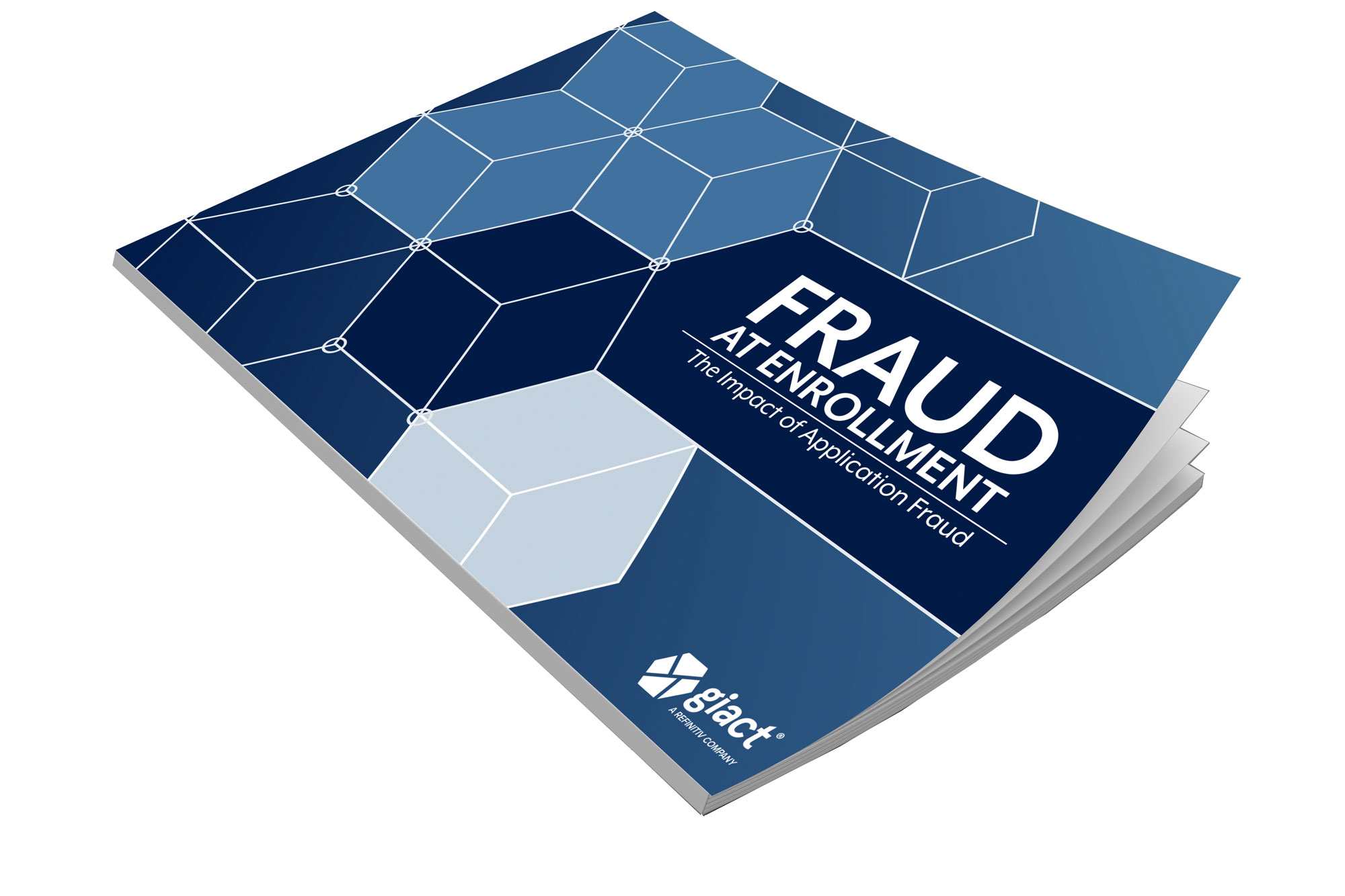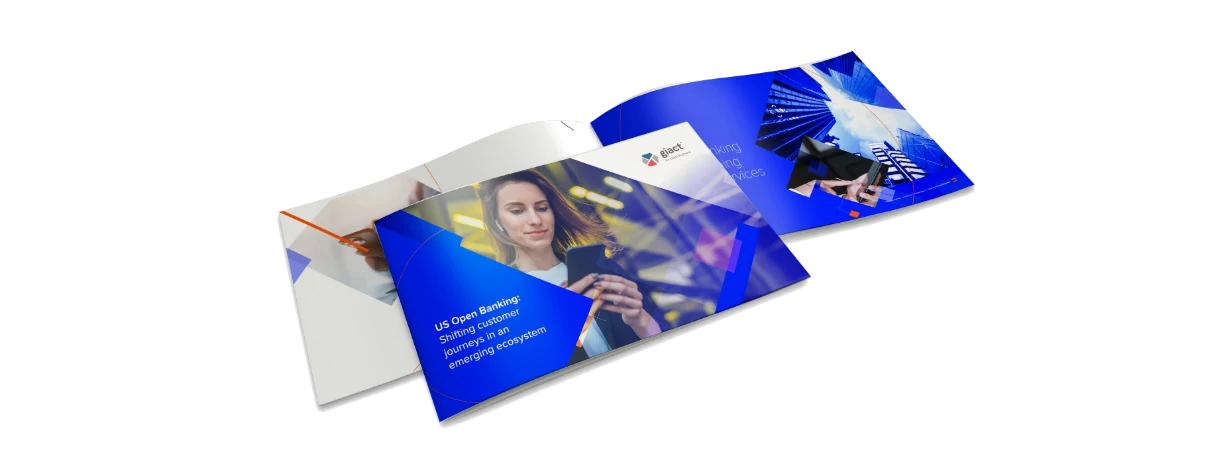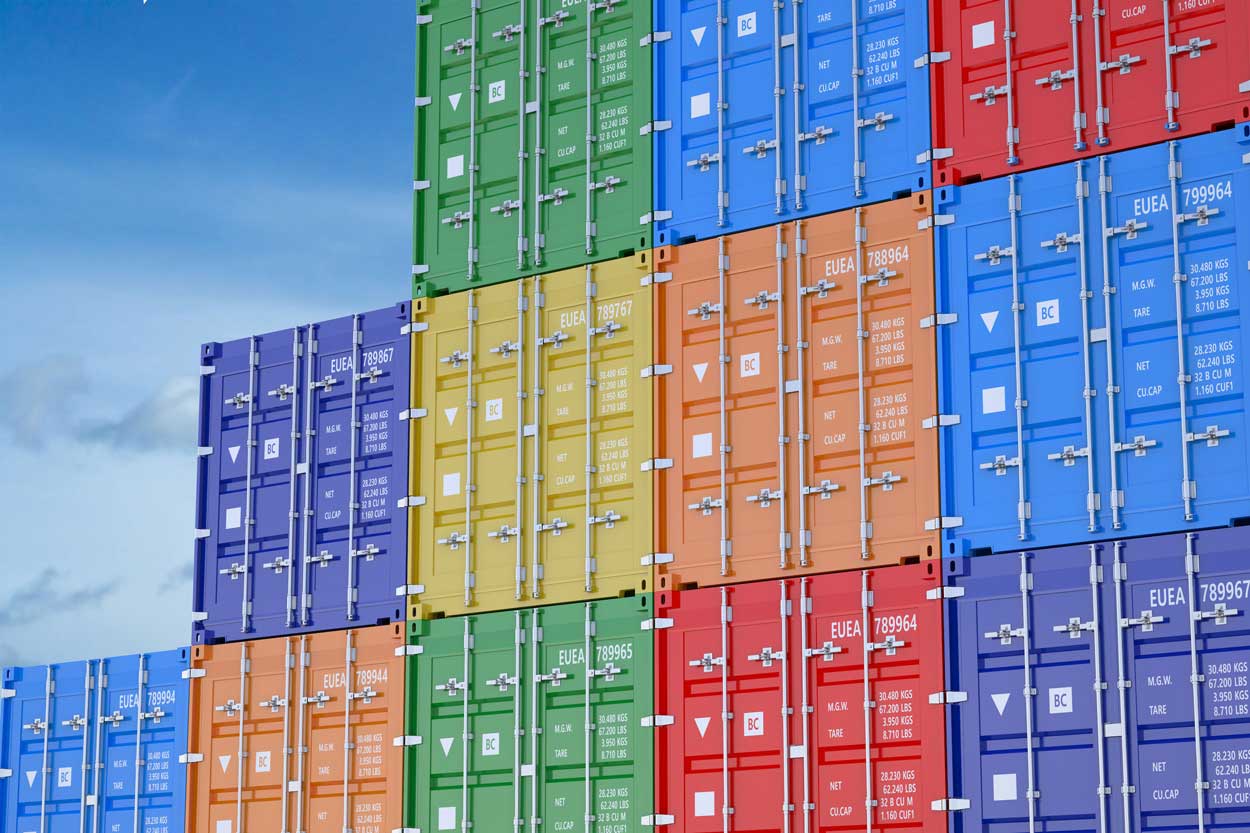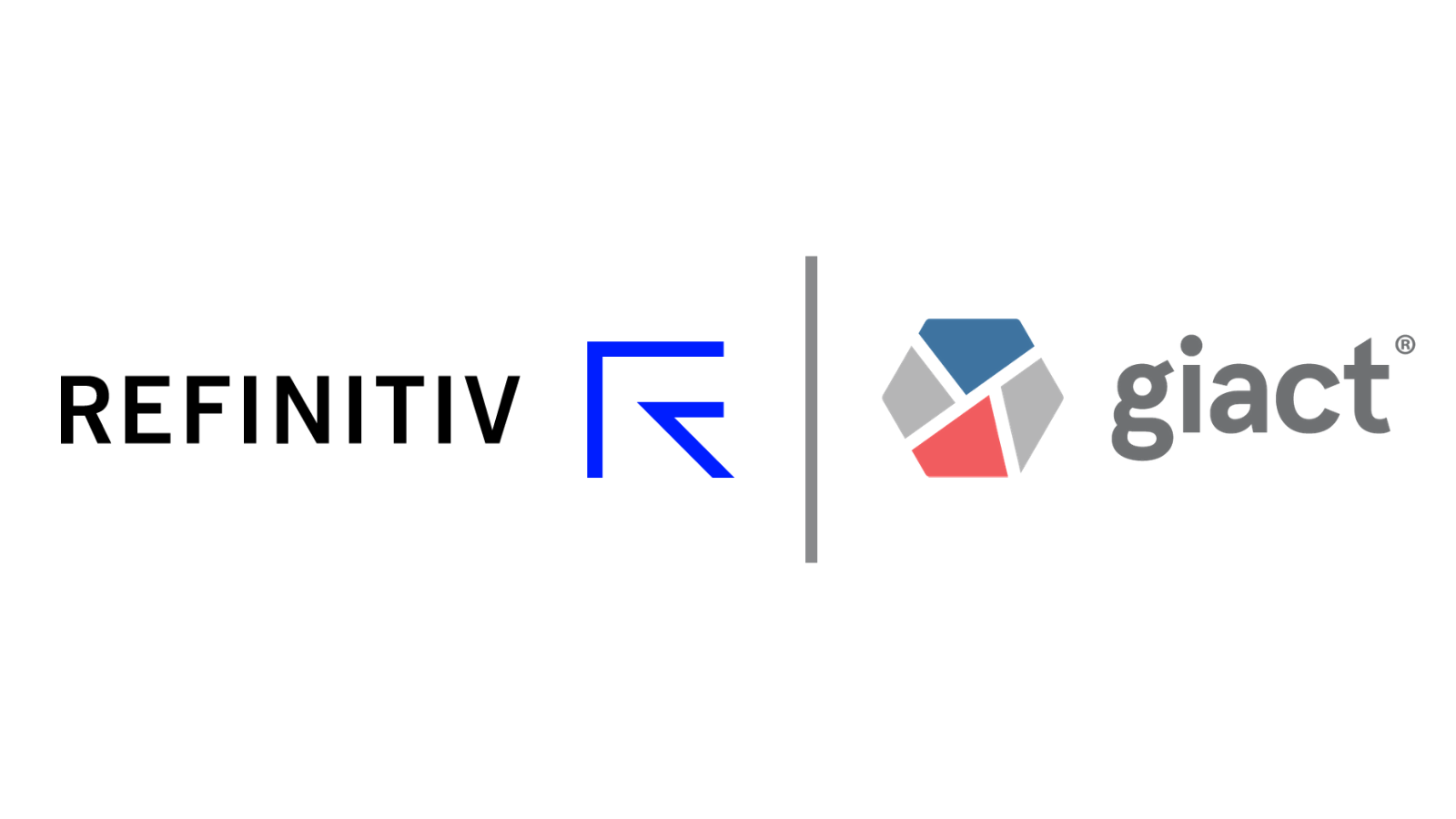DALLAS — GIACT Systems®, the leader in helping companies positively identify and authenticate customers, today announced the release of a newly commissioned report, The Evolution of New Account Fraud, produced by Javelin Strategy & Research. The report highlights the latest new account fraud (NAF) trends, tactics and recommendations for preventing NAF.
Click here to access the report
The report highlights a worrying trend that tracks $3.4 billion in NAF losses in 2018 – a $400 million increase from the year prior. According to the report, NAF tactics have shifted as more accounts and payments have moved online. The report follows this evolution and the migration of NAF to digital applications, lenders, mobile networks and others. The report also reveals how NAF continues to leverage more sophisticated identity fraud tactics, including the use of both synthetic identities and complete impersonations.
Fraudsters have found new and unique ways to bypass the biographical traps setup by organizations, rendering certain validation practices too weak to solely rely upon for protection. Fraud has also migrated, finding less conventional targets, such as loan products, as prime NAF candidates.
Kyle Marchini
Senior Analyst, Fraud Management at Javelin Strategy & Research
“New account fraud has become the most expensive form of identity fraud for businesses and consumers alike,” said Kyle Marchini, Senior Analyst, Fraud Management at Javelin Strategy & Research. “Fraudsters have found new and unique ways to bypass the biographical traps setup by organizations, rendering certain validation practices too weak to solely rely upon for protection. Fraud has also migrated, finding less conventional targets, such as loan products, as prime NAF candidates.”
The report also covers important niche topics, including how mobile phone accounts are being used to perpetrate fraud, the growing concern around familiar fraud as well as consumer willingness to accept additional identity proofing.
“GIACT has been closely monitoring the evolution of all types of account-related fraud, including NAF,” said David Barnhardt, EVP of Product at GIACT. “It’s important that any business processing payments, offerings loans, or exchanging goods and services, rethink and strengthen how they validate their customers’ identities. Enhanced identity proofing throughout the customer lifecycle – from enrollment, payment to a change event – should be applied if fraud is to be challenged.”
GIACT is the only financial technology provider that offers a complete set of enrollment, payment, identity, compliance and mobile solutions easily accessed through its single, customizable EPIC Platform®.
–via PRNewswire
